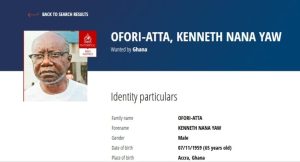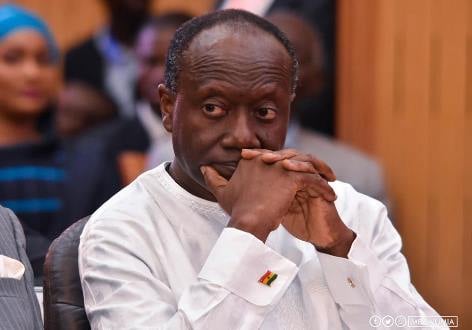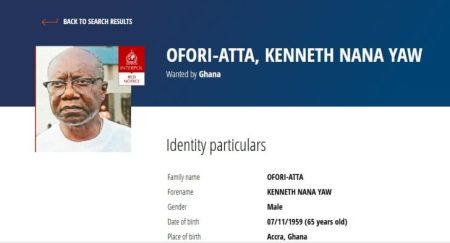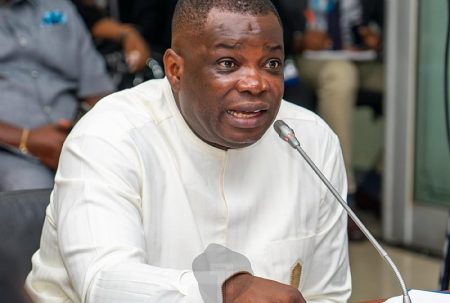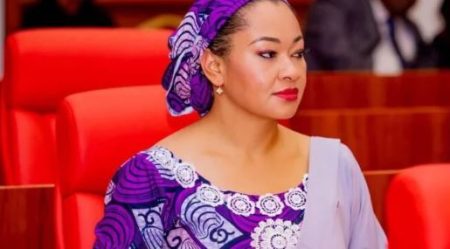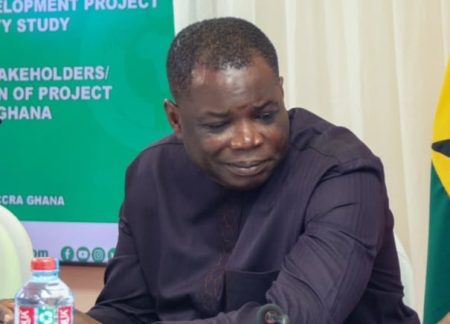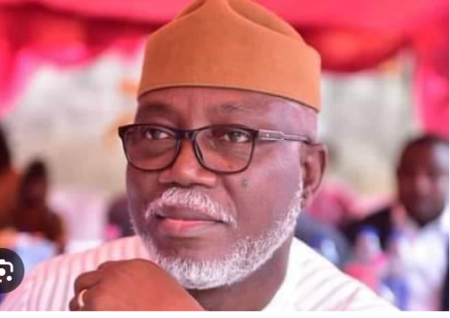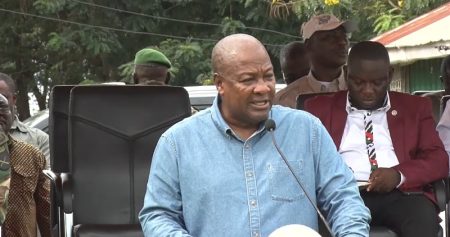The legal strategy employed by former Finance Minister Ken Ofori-Atta’s legal team in response to the Special Prosecutor’s corruption investigation has drawn sharp criticism from legal experts and the public alike. Former Director of the Ghana School of Law, Professor Kwaku Ansa-Asare, has characterized the team’s approach as antagonistic and counterproductive, fueling public anger rather than garnering sympathy for their client. He argues that their public pronouncements, particularly concerning Mr. Ofori-Atta’s alleged illness, are perceived as an attempt to obstruct justice and undermine the ongoing investigation, further eroding public trust in the fight against corruption. This high-profile case is seen as a critical test of Ghana’s commitment to tackling corruption, and the legal team’s tactics risk jeopardizing the integrity of the process and exacerbating public cynicism.
Professor Ansa-Asare has specifically criticized the legal team’s handling of the information surrounding Mr. Ofori-Atta’s health. Instead of providing the necessary medical documentation to substantiate their claims of illness, the team has opted for public pronouncements and online pronouncements, a move that has been interpreted as an attempt to manipulate public opinion and evade accountability. This approach, he contends, contradicts the legal requirement for documented evidence and casts doubt on the sincerity of the claims. By failing to adhere to established legal procedures and resorting to what is perceived as sensationalism, the legal team risks damaging their client’s credibility and strengthening the public perception that he is attempting to avoid scrutiny.
Furthermore, Professor Ansa-Asare emphasizes that the Special Prosecutor, Kissi Agyebeng, is bound by legal procedures and would not pursue a case against someone genuinely incapacitated by illness. He underscores the importance of due process and the presumption of innocence, suggesting that the Special Prosecutor would act responsibly and with consideration for an individual’s health. However, the legal team’s apparent reluctance to provide the required medical documentation fuels speculation about the veracity of their claims and undermines the public’s confidence in their client’s innocence. Their actions seem to imply a lack of trust in the legal process and a desire to circumvent established procedures.
The public discourse surrounding this case highlights the growing intolerance for corruption in Ghana and the increasing demand for accountability from public officials. The legal team’s strategy, perceived as evasive and confrontational, appears to be misjudging the public mood and exacerbating the situation for their client. By focusing on public relations tactics rather than adhering to legal procedures, they are inadvertently strengthening the perception that Mr. Ofori-Atta is attempting to shield himself from scrutiny. This perception undermines the public’s faith in the judicial system and reinforces the belief that influential individuals can evade accountability.
The core issue lies in the divergence between the legal team’s strategy and the public’s expectation of transparency and accountability. The team’s emphasis on public pronouncements and allegations of illness, without providing the necessary supporting documentation, has created an environment of mistrust and suspicion. This strategy, rather than mitigating the situation, has fueled public anger and reinforced the perception of an attempt to obstruct justice. The legal team’s actions have inadvertently shifted the focus from the merits of the case to questions about their client’s willingness to cooperate with the legal process.
In conclusion, Professor Ansa-Asare’s critique of the legal team’s strategy underscores the importance of respecting legal procedures and maintaining public trust in the fight against corruption. The team’s approach has not only failed to generate sympathy for their client but has also fueled public anger and suspicion. By prioritizing public relations tactics over adherence to established legal procedures, they have inadvertently undermined their client’s credibility and contributed to a growing perception of impunity. This case serves as a critical reminder of the need for transparency and accountability, particularly for those holding public office, and the importance of adhering to due process in the pursuit of justice. The legal team’s actions, perceived as an attempt to circumvent established procedures, ultimately risk exacerbating the situation and further eroding public trust in the judicial system.


